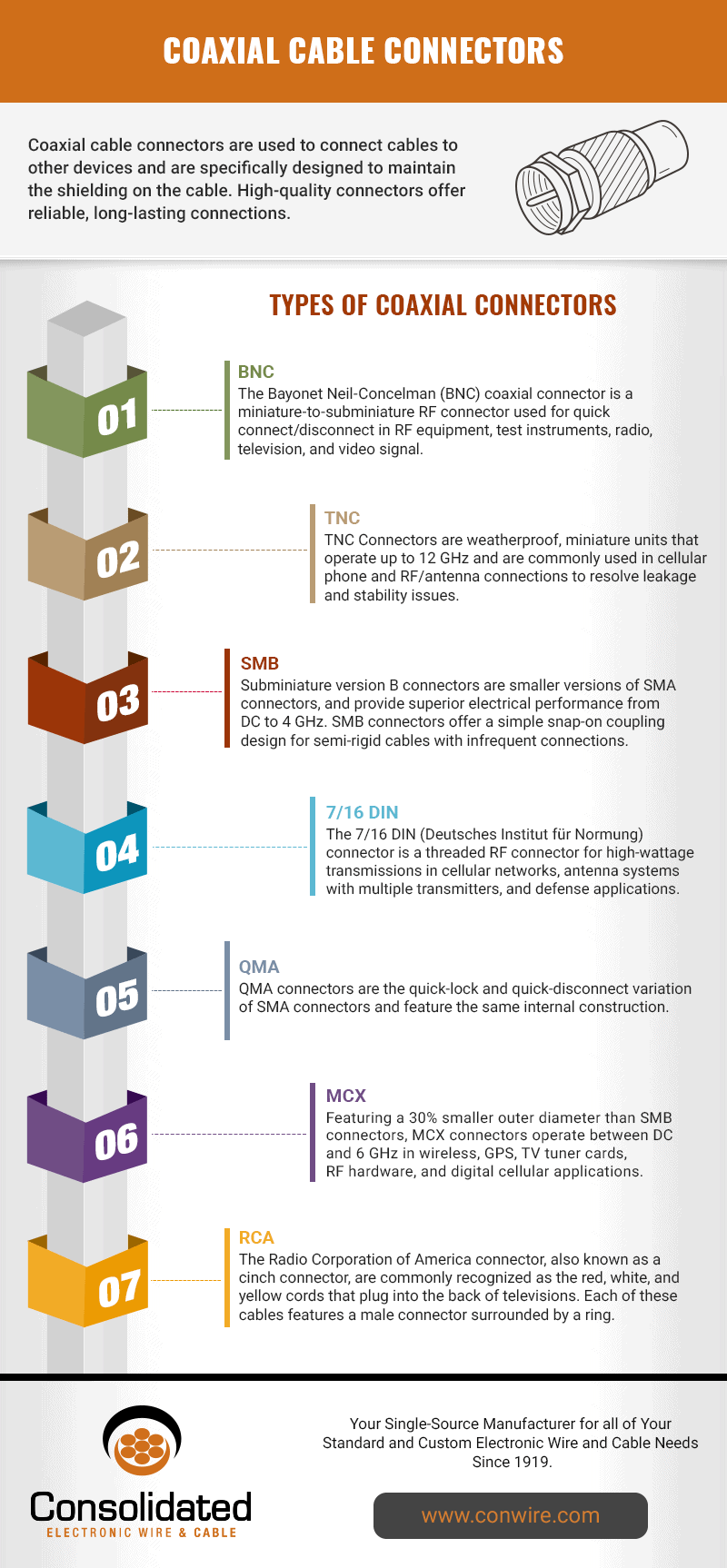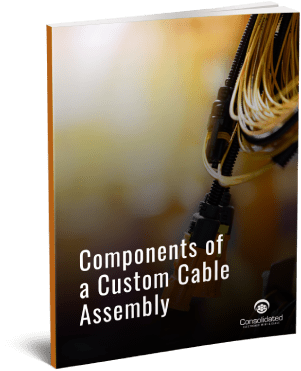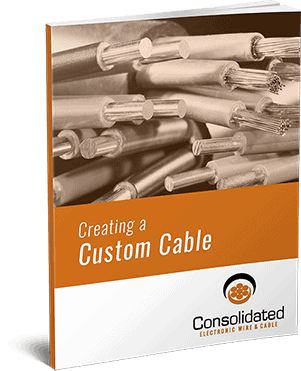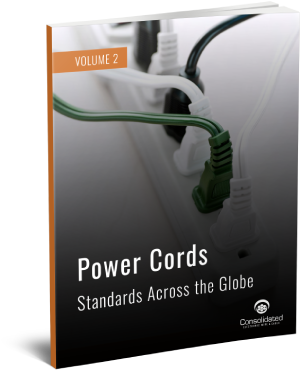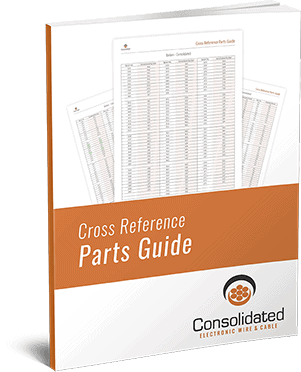Coaxial cable connectors are used to connect cables to other devices and are specifically designed to maintain the shielding on the cable. High-quality connectors offer reliable, long-lasting connections.
There are two distinct connector styles; male and female. Male connectors have a protruding metal pin in the center, whereas female connectors have a receptacle to receive that pin. Depending on the connector size and frequency, some may be sexless and mounted flush instead of mating.
Within digital, video, audio, RF, and microwave industries, there are several varieties of coaxial cable connector types. Each offers unique benefits based on the end use or application. Below are some of the most common coaxial connector types, along with their distinguishing characteristics and intended applications.
Types of Coaxial Connectors
BNC
Originally designed for military use, the Bayonet Neil-Concelman (BNC) coaxial connector is a miniature-to-subminiature RF connector used for quick connect/disconnect in RF equipment, test instruments, radio, television, and video signal. BNC connectors contain two bayonet lugs for a twisting interface on the female connector and are best suited for frequencies below 4GHz, as connectors lose mechanical stability as they gets closer to 10 GHz.
TNC
The Threaded Neil-Concelman is the threaded version of a BNC connector, that performs better microwave frequencies than BNC connectors. TNC Connectors are weatherproof, miniature units that operate up to 12 GHz and are commonly used in cellular phone and RF/antenna connections to resolve leakage and stability issues.
SMB
Subminiature version B connectors are smaller versions of SMA connectors, and provide superior electrical performance from DC to 4 GHz. SMB connectors are one of the most popular RF/microwave connector variations for industrial and telecommunications equipment and offer a simple snap-on coupling design for semi-rigid cables with infrequent connections.
7/16 DIN
The 7/16 DIN (Deutsches Institut für Normung) connector is a threaded RF connector for high-wattage transmissions in cellular networks, antenna systems with multiple transmitters, and defense applications. It can be used at up to 7.5 GHz and requires a wrench for tightening. The connector’s name refers to the 7-mm inner diameter of the female inner contact and the 16-mm inner diameter of the overall outer contact.
QMA
QMA connectors are the quick-lock and quick-disconnect variation of SMA connectors and feature the same internal construction. Offering faster and safer coupling and excellent performance in RF connections, QMA connectors are ideal for industrial and communications applications, as well as cable wiring, assembly, and repair.
MCX
Micro coaxial connectors are small-form-factor connectors which are ideal for applications with space, size, or weight restrictions. Featuring a 30% smaller outer diameter than SMB connectors, MCX connectors operate between DC and 6 GHz in wireless, GPS, TV tuner cards, RF hardware, and digital cellular applications. MCX connectors also have a snap-on coupling design for simple, tool-free installation.
RCA
The Radio Corporation of America connector, also known as a cinch connector, was originally designed for audio signal transmission but is now widely used in video, as well. Sometimes called A/V jacks, these cables are commonly recognized as the red, white, and yellow cords that plug into the back of televisions. Each of these cables features a male connector surrounded by a ring.
Why Choose Consolidated Electronic Wire & Cable?
For nearly a century, Consolidated has been providing cable wire solutions for customers across a wide range of industries. Not only do we offer a broad selection of electronic wire, cable, power cords, wire harnesses, and molded assemblies, but with a warehouse conveniently located by Chicago’s O’Hare airport, we can also ensure you’ll get what you need, when you need it.
Constantly striving for total customer satisfaction while meeting all applicable agency regulations, Consolidated implements a Total Quality Management (TQM) system throughout every step of our manufacturing process.
To learn more about important wire and cable application, download our free eBook, “Choosing a Wire & Cable Manufacturer for Your Product.”

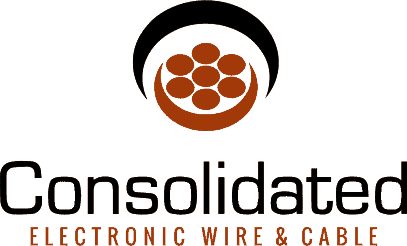


 () Quote Cart
() Quote Cart